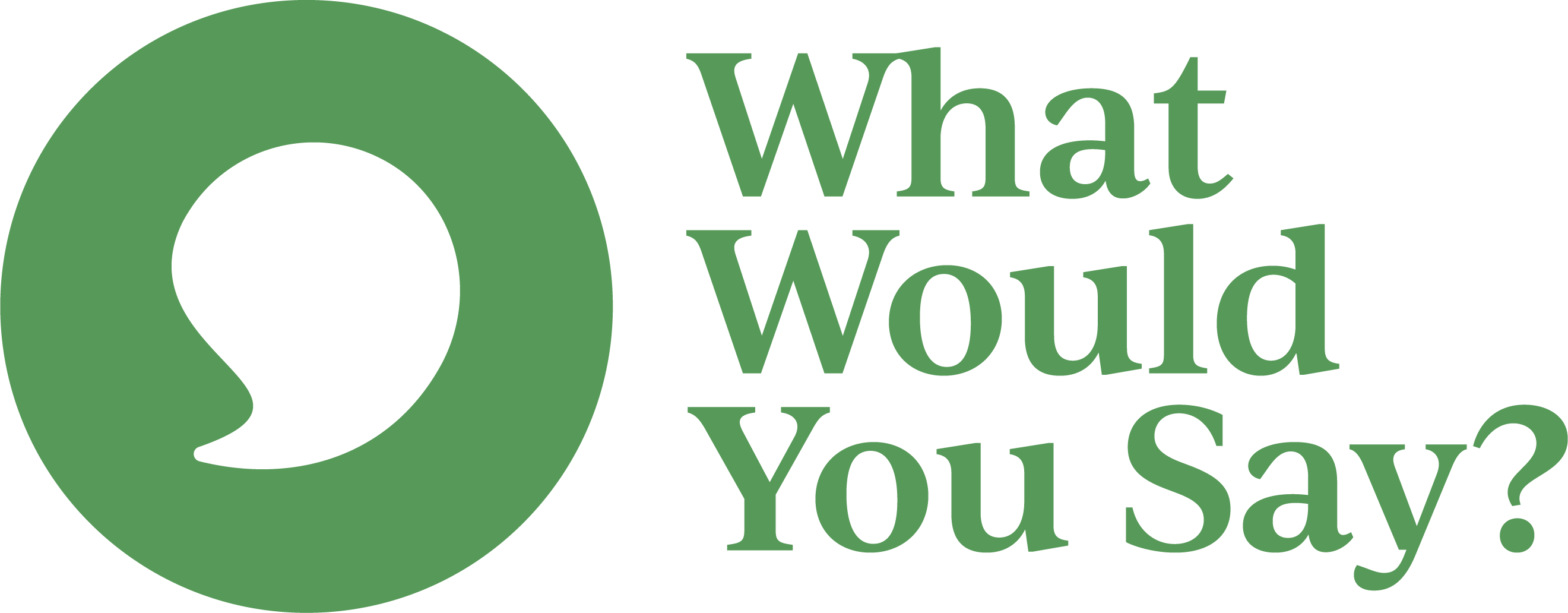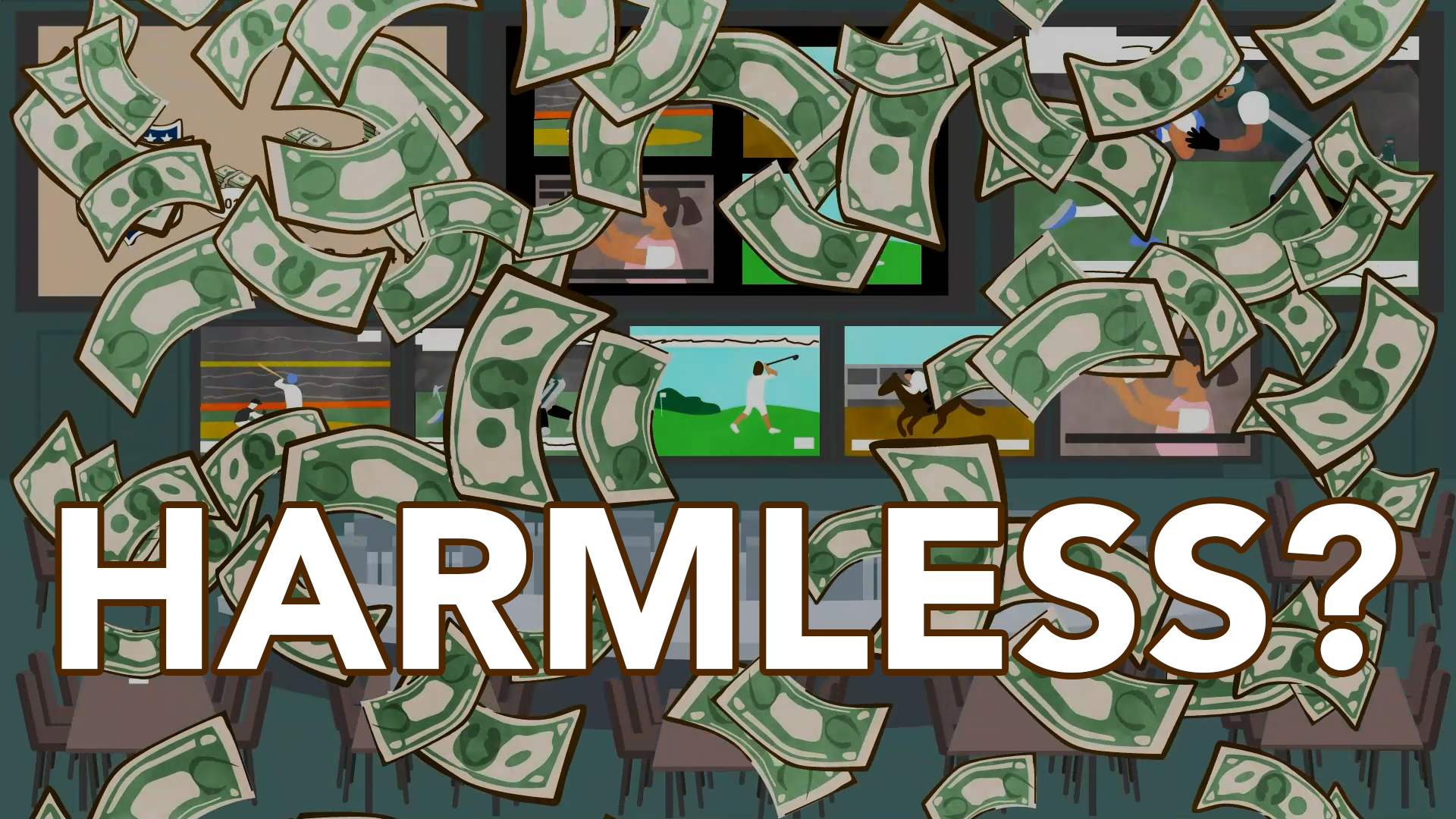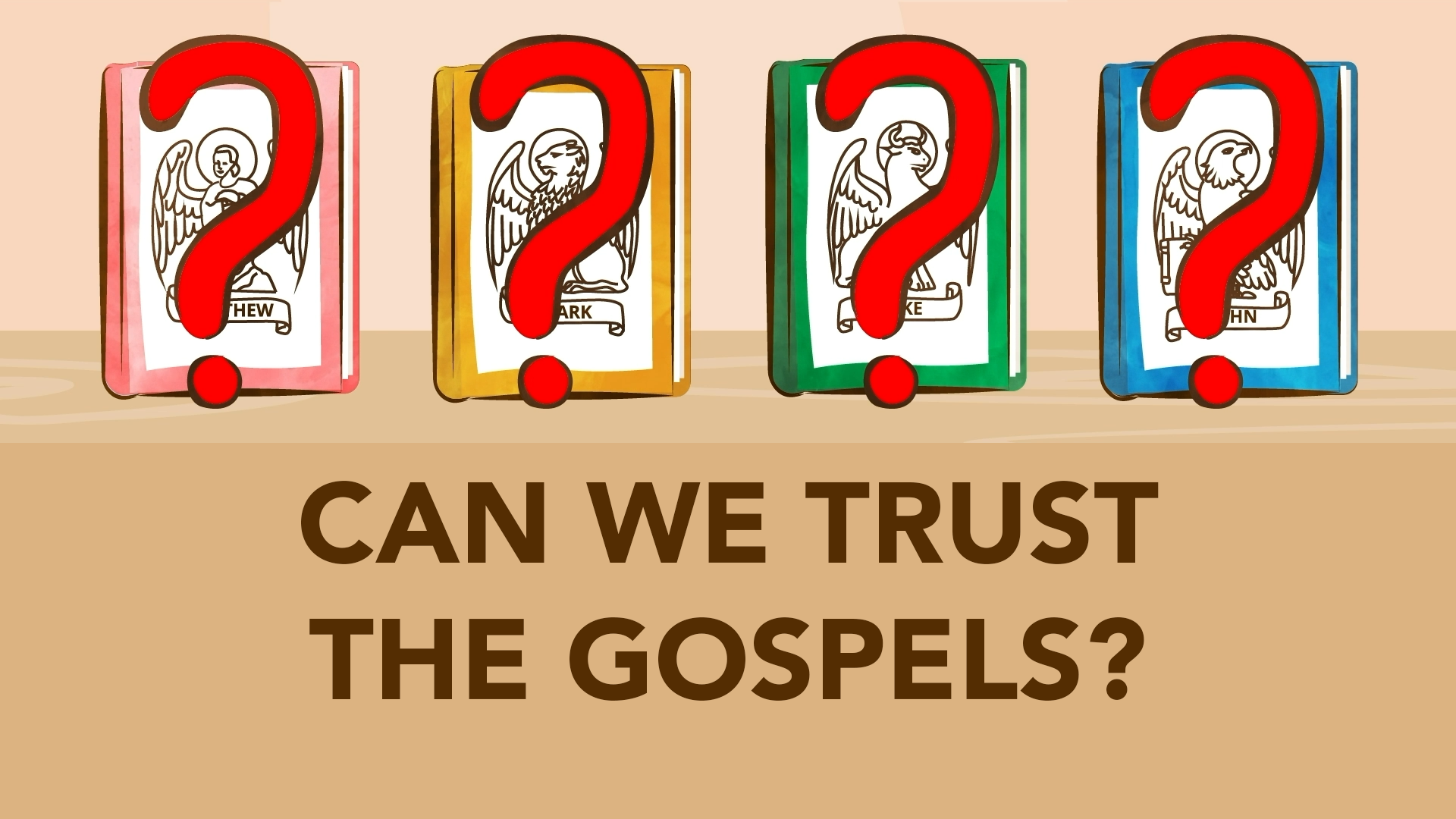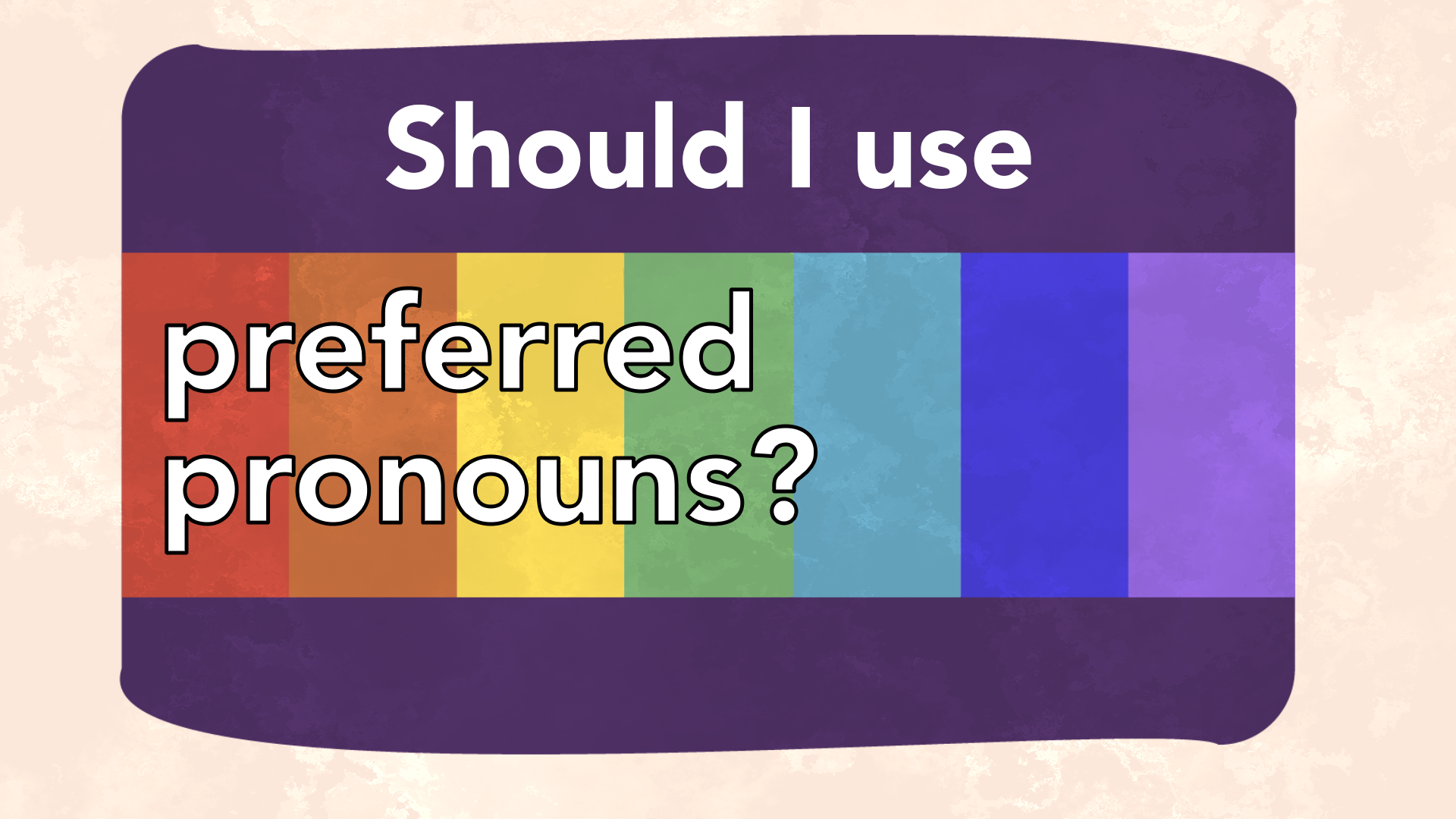4 min read
Are parents qualified to homeschool their kids?
 What Would You Say?
Jan 14, 2025 10:15:00 AM
What Would You Say?
Jan 14, 2025 10:15:00 AM
You’re in a conversation and someone says,
“Homeschooling shouldn’t be allowed, because most parents aren’t qualified to educate their own children.”
What would you say?
Homeschooling has exploded in popularity. Today, around 3.7 million students are being homeschooled in the United States and millions have already graduated. If there were a problem with the quality of education these kids are receiving, it would be obvious by now. But we’re not seeing it.
Here are two things to consider.
You’re in a conversation and someone says, “Homeschooling shouldn’t be allowed, because most parents aren’t qualified to educate their own children.” What would you say?
Homeschooling has exploded in popularity. Today, around 3.7 million students are being homeschooled in the United States and millions have already graduated. If there were a problem with the quality of education these kids are receiving, it would be obvious by now. But we’re not seeing it.
The next time someone says, “Homeschooling shouldn’t be allowed, because most parents aren’t qualified to educate their own children,” remember these two things:
Number one: On average, homeschoolers receive a solid education.
It’s easy to raise vague concerns about parents’ ability to be teachers, and there are certainly parents who are ill-equipped to do the work of a teacher. But judging homeschooling by whether individual parents are capable of educating their kids isn’t really fair. To see why, we need only consider public schools.
There are many examples of public school teachers who have no business teaching. Despite the stories of misconduct, incompetence, and even abuse, no one thinks good teachers should be condemned because of the behavior of a few bad apples. That’s why, when comparing methods of education, we should talk about average outcomes, not individual teachers or students.
By that measure, homeschoolers are doing very well.
Multiple studies have demonstrated that homeschooled students score the same or better on standardized tests like the SAT, and go on to have comparable or superior college GPAs, compared with their public schooled peers. One review of multiple studies over several years found “no reason to doubt the adaptability and academic aptitude of homeschooled students in college.”
There is simply no evidence to indicate that homeschoolers are being short-changed academically. By contrast, we have a great deal of evidence to indicate that large subsets of our nation’s public schools are failing students badly. Last year, the Federal Government’s Nation’s Report Card found that math and reading scores in the US are at their lowest level in decades. This is likely due in part to the lost work during extended pandemic closures—something that homeschoolers didn’t have to worry about.
Whole school districts across our country are described as “failing schools” and “drop-out factories” that appear to be getting worse, not better. The results for large portions of our nation’s student population are so poor that The Atlantic recently bemoaned an epidemic of new students at elite colleges who can’t even read a book.
If we compare the average outcome of homeschooling with the average outcome of American public schools, it’s not the homeschoolers who seem to be struggling. Raising concerns about the ability of parents to educate their own children when so many public schools are failing is pure scaremongering.
Number two: Parents, not the government, are ultimately responsible for educating children.
It is not the government’s responsibility to educate our children. This remains true whether we choose to send our kids to a public school, a private school, or to homeschool them. It is parents, not the state, who are entrusted by God with children, and it is therefore parents who are ultimately responsible for caring for, raising, feeding, clothing, housing, loving, and educating those children.
Parents are not babysitters for the Department of Education. The family where children originate, where they form their identity, and where they ultimately belong. There is no other institution that can replace it or do its job.
Of course, most parents still choose to fulfill their responsibility to educate their children by taking advantage of taxpayer-funded public schools, but that no more implies that education is ultimately the government’s responsibility than shopping at a grocery store implies that it’s ultimately the store’s responsibility to feed our families! It’s clearly not. The grocery store, like a public school, provides a service. But it is parents who are responsible for feeding children’s mouths and their minds. And for the increasing number of parents who are choosing to fulfill this responsibility by homeschooling, it’s working!
So, the next time someone says, “Homeschooling shouldn’t be allowed, because most parents aren’t qualified to educate their own children,” remember these two things:
Number one: On average, homeschoolers receive a solid education.
Number two: Parents, not the government, are ultimately responsible for educating children.
Referenced Resources:
Number of homeschoolers in US: https://babwell.com/homeschooling/#:~:text=There%20are%203.7%20million%20homeschooled%20students%20in%20the%20U.S.,-According%20to%20National&text=Homeschoolers%20make%20up%206.73%25%20of,K%2D12)%20in%20the%20U.S.&text=There%20were%20about%202.3%20million,and%202.65%20million%20in%202020.
Homeschooler SAT and college GPAs: “Multiple studies show no reason to doubt the adaptability and academic aptitude of homeschooled students in college, finding no difference between these students and traditionally schooled students (Gray, 1998; Jones & Gloeckner, 2004a; Sorey & Duggan, 2008).”
“Clemente (2006) conducted a study to determine if there was a statistically significant difference in the college aptitude of homeschooled high school seniors compared to traditionally schooled students who subsequently attended Christian colleges. Clemente’s results indicated that the homeschooled students’ mean test score on the SAT (including verbal and mathematics sections) was 1123, whereas private- and public-school students averaged 1054 and 1039, respectively.”
https://files.eric.ed.gov/fulltext/EJ1005657.pdf
Math and reading scores at decades low:
Failing school districts:
Elite students can’t read a book: https://www.theatlantic.com/magazine/archive/2024/11/the-elite-college-students-who-cant-read-books/679945/
Additional Resource:
https://breakpoint.org/is-homeschooling-harmful/





